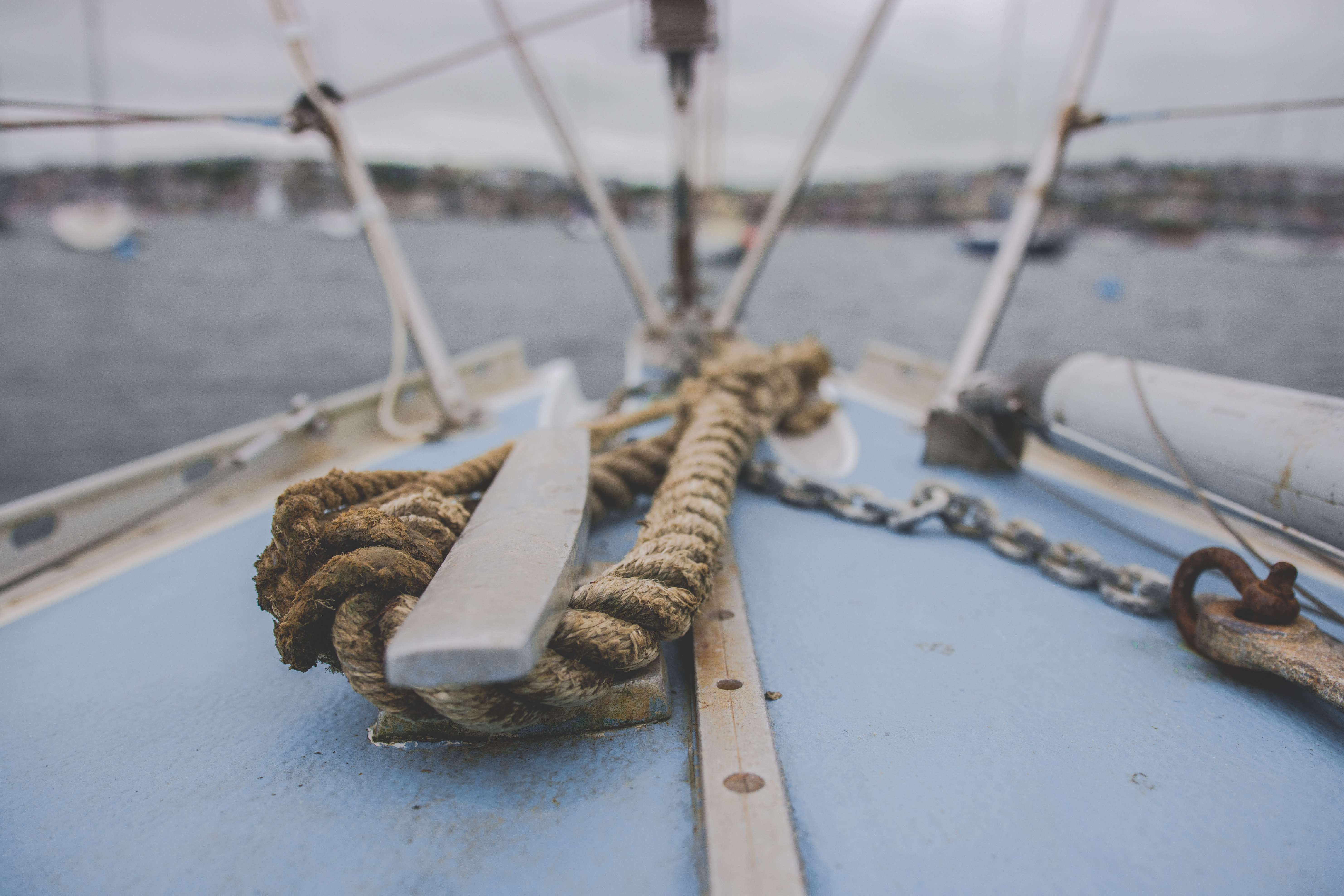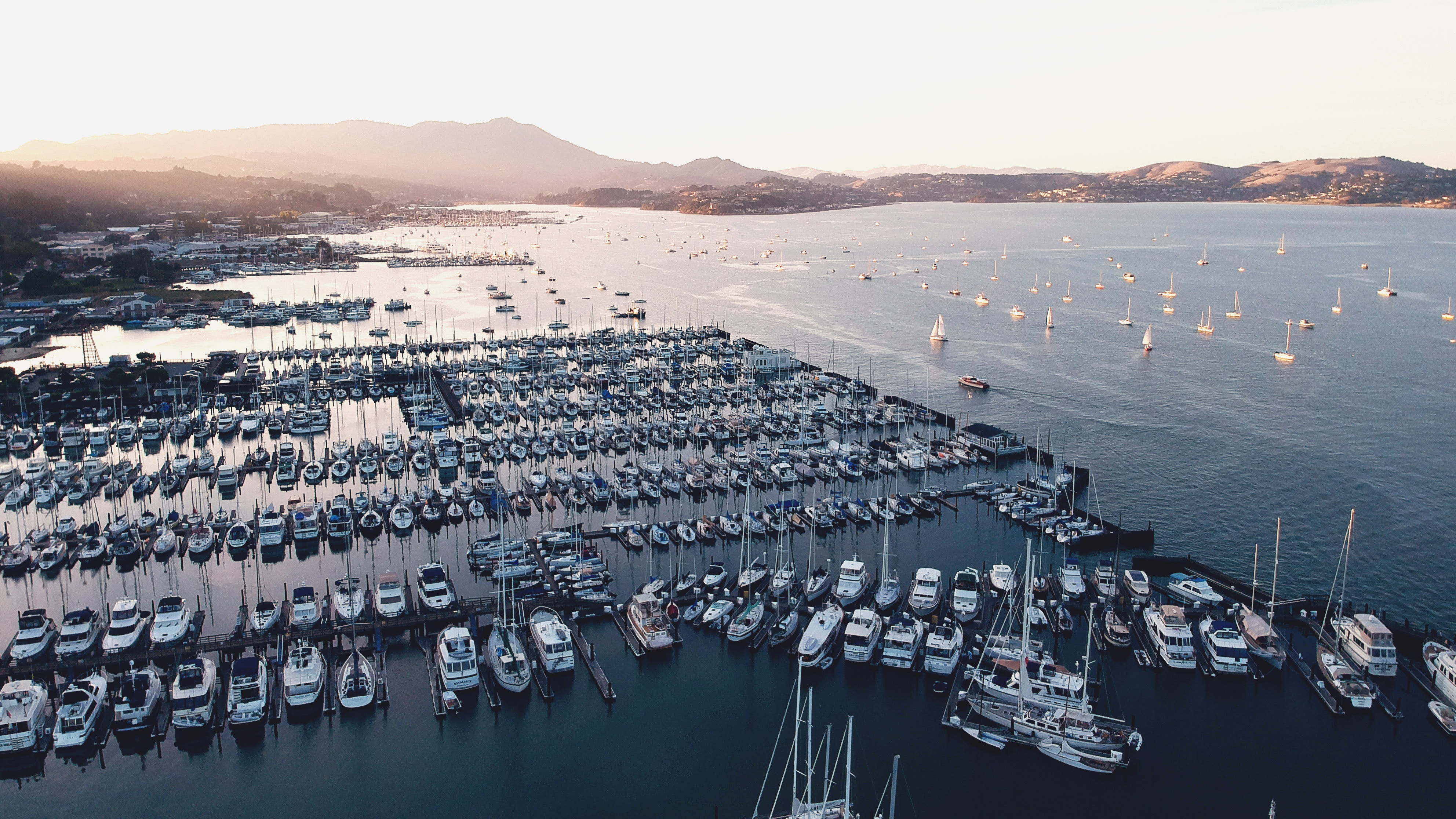As we all know sounds are different on the water. At night, those sounds become amplified. You hear everything, and then some! As beautiful and exciting as night boating is, the experience can also be fraught with peril and high drama.
Even if you prepare and do everything right, so many things can go wrong on the water at night. One thing to consider is whether other boats can see you. Confirm that your navigation lights are working. Check them before launching every time you go out. It is also a good idea to keep a spotlight on board. Beyond that, you should also understand the meaning and placement of lights and the colors. Once you understand what these lights represent, they will play a major role in the safe navigation of your vessel and provide an understanding of where the other boats around you are headed.
Maintain a constant, sharp watch. Situational awareness is always important on a boat and critical at night. Use your radar. Unless I am going out on a very small lake, or perhaps navigating in my local harbor, I wouldn’t consider going out at night without a radar. Some people will tell you that nothing takes the place of keeping your eyes open and aware. While that may be true, when caught in fog, bad weather, or darkness you will learn to appreciate your electronics.
Go slowly. This will allow for safe course correction should you need to avoid colliding with another vessel or submerged object.
Turn your VHF on. Nowadays, we all have cell phones that work even when we are on the water. However, phones don't keep you in touch with the Coast Guard or other local authorities the way VHF Radio does. It will also keep you aware of local traffic and emergencies.
Finally, while boating at night, make sure your passengers are seated.
These are some basic precautions. Have fun and stay safe! Boating at night can be an experience second to none.




